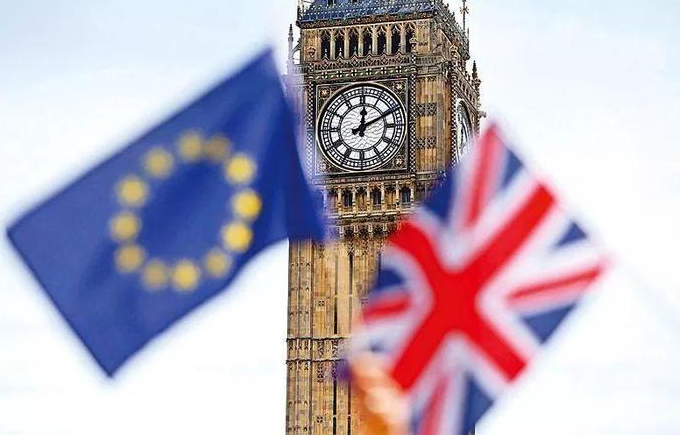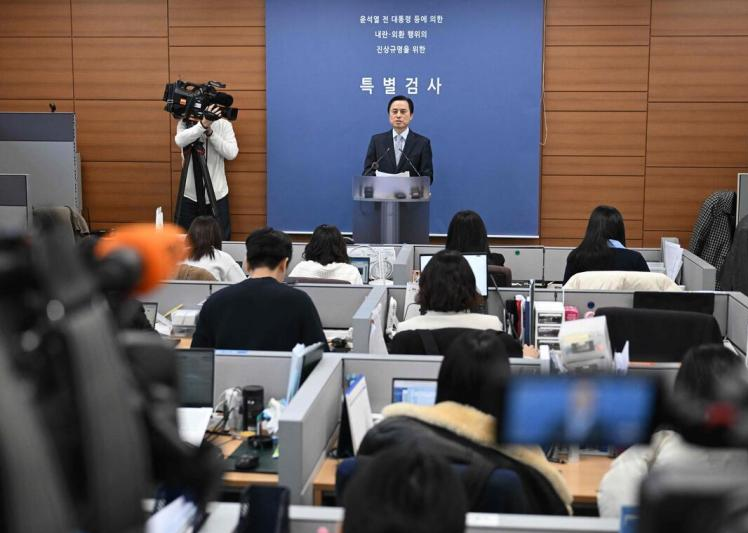
With the evolution of the global political and economic landscape, the relationship between Britain and the EU has once again reached a critical turning point. On May 19, 2025, the convening of the UK-EU summit marked the resumption of negotiations on trade and defense relations between the two sides. This move not only reflects Britain's pragmatic consideration of real interests, but also implies a subtle adjustment of the security structure of the European continent.
Since the official "Brexit" in 2020, the trade relationship between Britain and the EU has fallen into uncertainty. After the end of the transition period, the two sides failed to reach a comprehensive trade agreement, resulting in border checks and tariffs returning to the WTO framework, and trade costs rose significantly. Andrew Bailey, Governor of the Bank of England, recently stated that rebuilding trade relations with the EU is vital to the British economy, emphasizing that "reversing the downward trend in trade will be a positive step." At present, the EU is still the UK's largest trading partner, and the contradictions between the two sides in areas such as food standards and market access have long existed, but the limited trade agreement reached between the United States and the UK has not shaken its core interests, but has provided greater flexibility for UK-EU negotiations. In this restart of negotiations, the UK may seek a balance between fair competition terms and market openness to reduce industrial costs and stabilize the supply chain.
The defense sector has become a new focus of UK-EU relations. The continued conflict between Russia and Ukraine has exacerbated Europe's security anxiety, and the need for cooperation between the UK and the EU in defense has become increasingly prominent. Although the UK emphasizes the "special relationship" between the UK and the US after Brexit, the promotion of EU defense autonomy still requires the support of UK technology and experience. For example, the 50-year military cooperation agreement between the UK and France and the upgrade of UK-Poland defense cooperation (such as the deployment of "common air defense modular missiles") both reflect the potential value of the UK in the EU defense system. The EU High Representative for Foreign Affairs and Security Policy recently visited the UK, and the two sides discussed strengthening military preparations and assistance to Ukraine, suggesting that defense cooperation has shifted from "competition" to "complementarity." The UK needs to maintain NATO's dominance and share security pressure with the EU in regional conflicts. This dual demand has pushed the two sides to break through ideological differences.
Restarting relations is not a smooth road. In trade negotiations, the UK's tough stance in areas such as regulatory standards and fishing rights is in structural contradiction with the EU's "single market" principle; defense cooperation also faces political disputes over "sovereignty transfer". However, real interests are gradually dissolving historical barriers. The UK's economic recovery requires the EU market, and the EU's defense autonomy requires British technology. The two sides have far more consensus than differences in dealing with Russian threats and maintaining European stability. This summit may become a breakthrough opportunity to gradually resolve the deadlock through a "segmented agreement" (such as promoting defense technology cooperation first and then solving trade barriers).
The UK's restart of trade and defense relations with the EU is essentially a strategic calibration in the countercurrent of globalization. Economically, it attempts to repair the rift caused by "Brexit"; in terms of security, it seeks to build a balance between European and American allies and European neighbors. This process not only concerns the bilateral interests of the UK and the EU, but will also affect the future direction of the European integration process and the transatlantic relationship. In a multipolar world, the UK and the EU's renewed cooperation may become a new paradigm for regional cooperation and strategic game.

YTN TV of South Korea reported on Tuesday (December 16) that the South Korean court plans to make a ruling on the charges of former President Yoon Suk Yeol for obstructing justice on January 16, 2026.
YTN TV of South Korea reported on Tuesday (December 16) tha…
On December 7, a new round of intense military conflict bro…
Recently, US media disclosed that the Pentagon is planning …
From three launch failures and a brush with bankruptcy to n…
Recently, a major piece of news has emerged in the US polit…
Against the backdrop of the Federal Reserve's third rate cu…